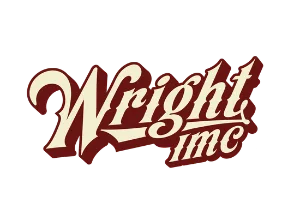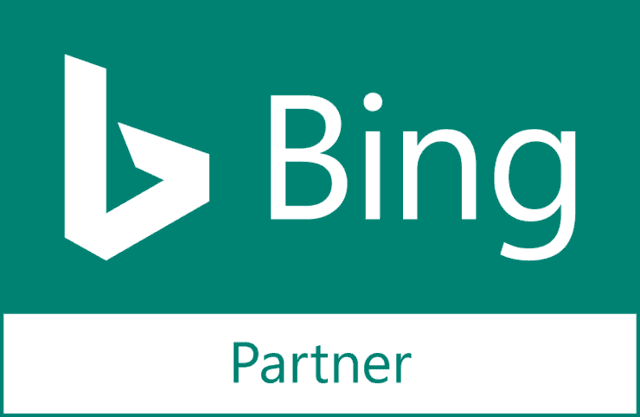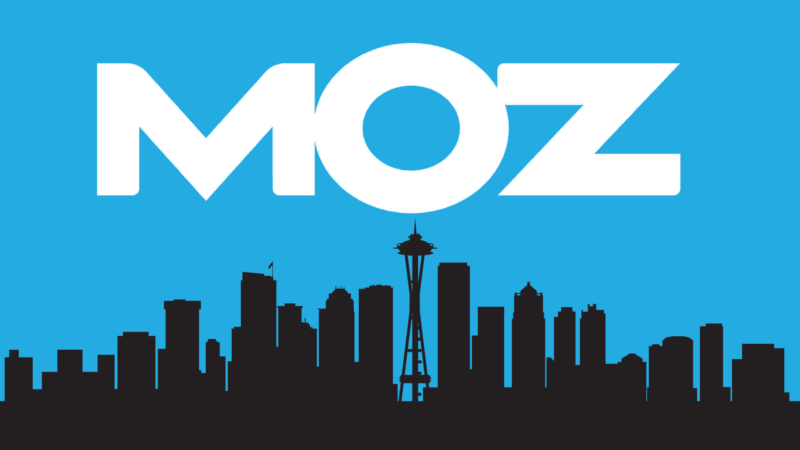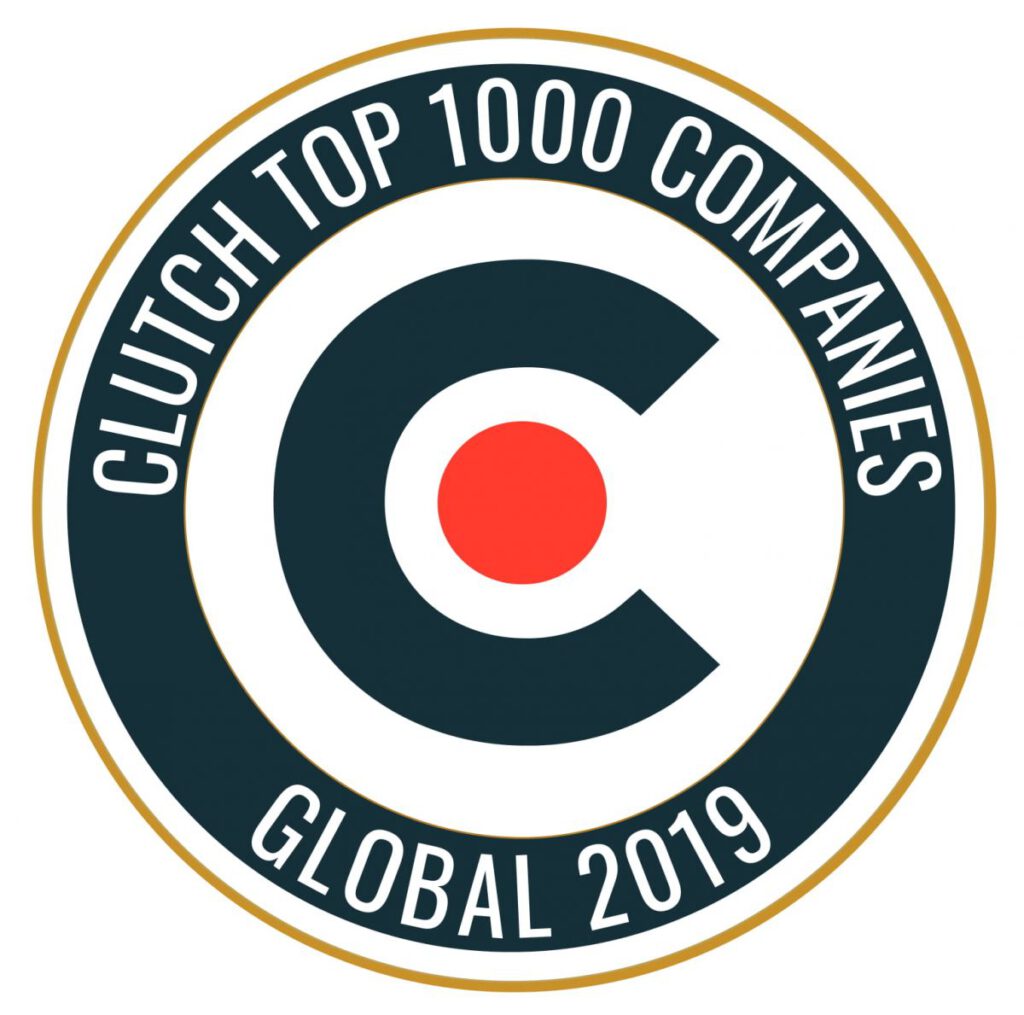Digital Marketing
My name is Travis Lofley. I’m 22 years old and I graduated from Texas Tech University in May 2015 with a B.A. in Public Relations. I chose to transition into the world of digital marketing upon graduation and was fortunate to receive an opportunity this past summer to begin my career with WrightIMC as a post-graduate intern. My formal title with WrightIMC is Content Marketing Intern, but with a boutique agency like ours that employs about 20 full-time people, it’s a very autonomous environment. Every day brings a new challenge and everyone here is dedicated to doing whatever is necessary to meet the needs of every client. My job responsibilities are broad, however, content marketing is still the foundation of my work. I was brought on board with the company because of my public relations background, and how my perspective would contribute to the needs of our clients. Here’s how I explain my role at WrightIMC.Integrated Marketing
The IMC in WrightIMC’s name stands for Integrated Marketing Communications. IMC is a popular digital marketing structure. The best way I can describe it is that it follows the public relations mindset of storytelling and connecting with the consumer beyond the hard sell of advertising, in order to drive and support marketing objectives and the desire for ROI. This is where a content marketer like me is a niche contributor in our agency.





